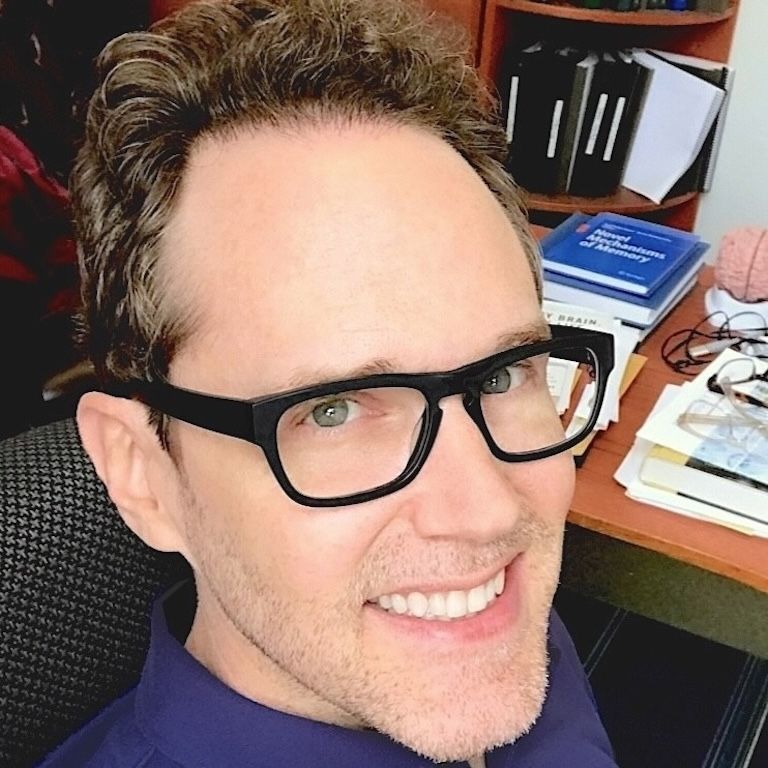Research Interests
My lab studies the neurobiological substrates of emotional learning and memory, with particular emphasis on Pavlovian fear conditioning. This type of associative learning has received considerable experimental attention from both basic and clinical neuroscientists over the last decade not only because of its simplicity and tractability as a neurobiological model of learning and memory, but also because of its potential relevance for understanding the mechanisms underlying the development of psychological disorders such as post-traumatic stress disorder (PTSD).
A major focus of our lab is the study of the cellular and molecular events that contribute to fear memory consolidation, or the process by which newly acquired, initially unstable fear memories are transformed in the brain into stable long-term memories. A second major focus is that of fear memory reconsolidation, or the process by which retrieval of an established fear memory triggers a new phase of instability during which time the memory may be updated (e.g. strengthened or weakened) prior to being re-stabilized. A third, more recent focus is how exposure to chronic stress alters fear memory consolidation and reconsolidation processes in the brain. A full understanding of the cellular and molecular events underlying both the consolidation of new fear memories and the reconsolidation of well-established fear memories holds considerable promise of discovering novel therapeutic and/or pharmacological approaches for the treatment of disorders such PTSD in which acquired and persistently reactivated fears play a prominent role.


